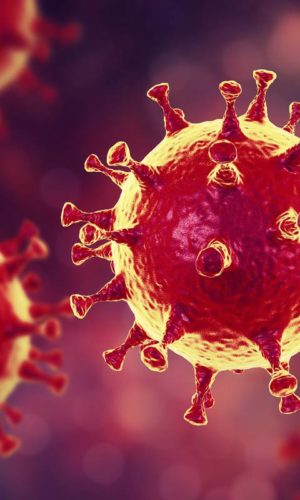Cardiology Teleconsultation in the Region with the Largest Number of Isolated Cities in Brazil: Initial Data from the Government Program and Insights for Improvement
Author(s): Tarso A. D. Accorsi, Antonio F. B.de Azevedo Filho, Bruna R. S. Matuck, Mariana P. Lopes, Italo M. Ferreira, Mauricio R. Mocha, Joao R. C. Fernandes, Matheus de O. L. Ribeiro, Marcelo Kirschbaum, F
In remote areas with geography barriers, lack of healthcare and financing, many cardiac patients lack access to face-to-face cardiac care. Telemedicine is an efficient way to reduce the long wait for consultations with several applications, probable reason why it is being developed in many countries including Brazil. In February 2020, the Brazilian government launched an official program for teleconsultation in cardiology, with a telemedicine team from Hospital Israelita Albert Einstein, in the region with the largest number of isolated and low-income cities in Brazil (North region). Teams were provided no training (in loco and telemedicine) for consultations carried out according to the conduct of each professional. Teleconsultation in cardiology mainly aims to allowing better access to specialists, implying accurate diagnosis, better treatment, reduced mortality and significant reduction in costs, but speed of implementation is relatively slow with no standardization of care. The objective of this study was to survey attendance data, create a basis for standardization of attendance and conduct, educational actions, assist in the effectiveness of teleconsultation, rational use of resources, allow sustainable expansion of the program and assist to implement other projects. It is a retrospective and descriptive study with a single telemedicine center (Hospital Israelita Albert Einstein) reference for 120 outpatient clinics in the northern region of Brazil. Data obtained anonymously from care routine of all patients treated by the program from 02/17/2020 to 03/31/2020 was analyzed, including the referral reason, demographic profile, clinical characteristics, physical examination, medications, previous examinations and after teleconsultation.


 Impact Factor: * 5.6
Impact Factor: * 5.6 Acceptance Rate: 74.36%
Acceptance Rate: 74.36%  Time to first decision: 10.4 days
Time to first decision: 10.4 days  Time from article received to acceptance: 2-3 weeks
Time from article received to acceptance: 2-3 weeks 